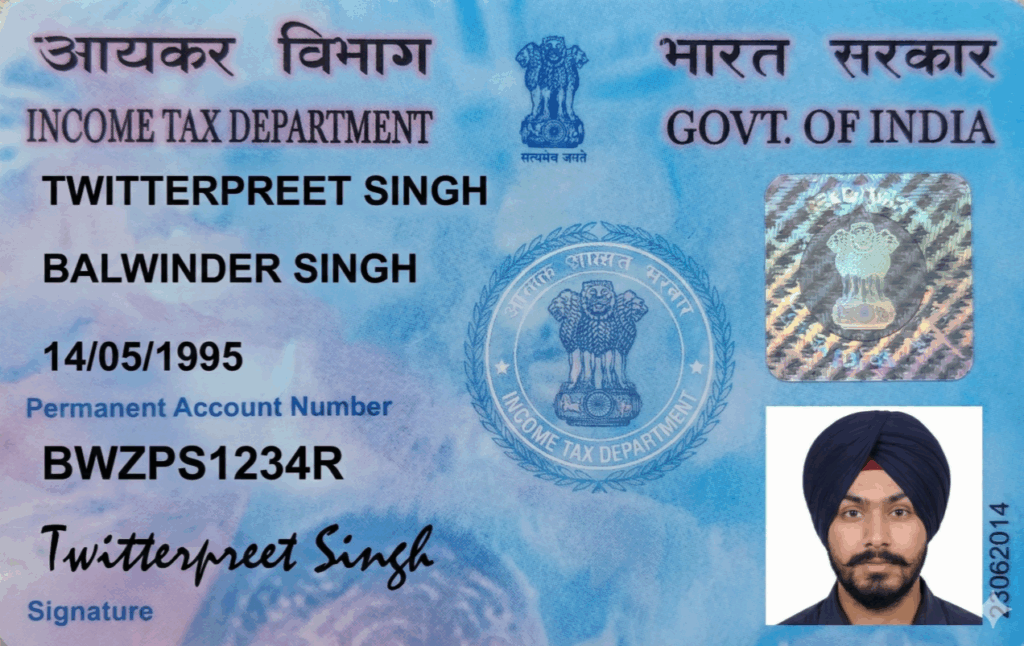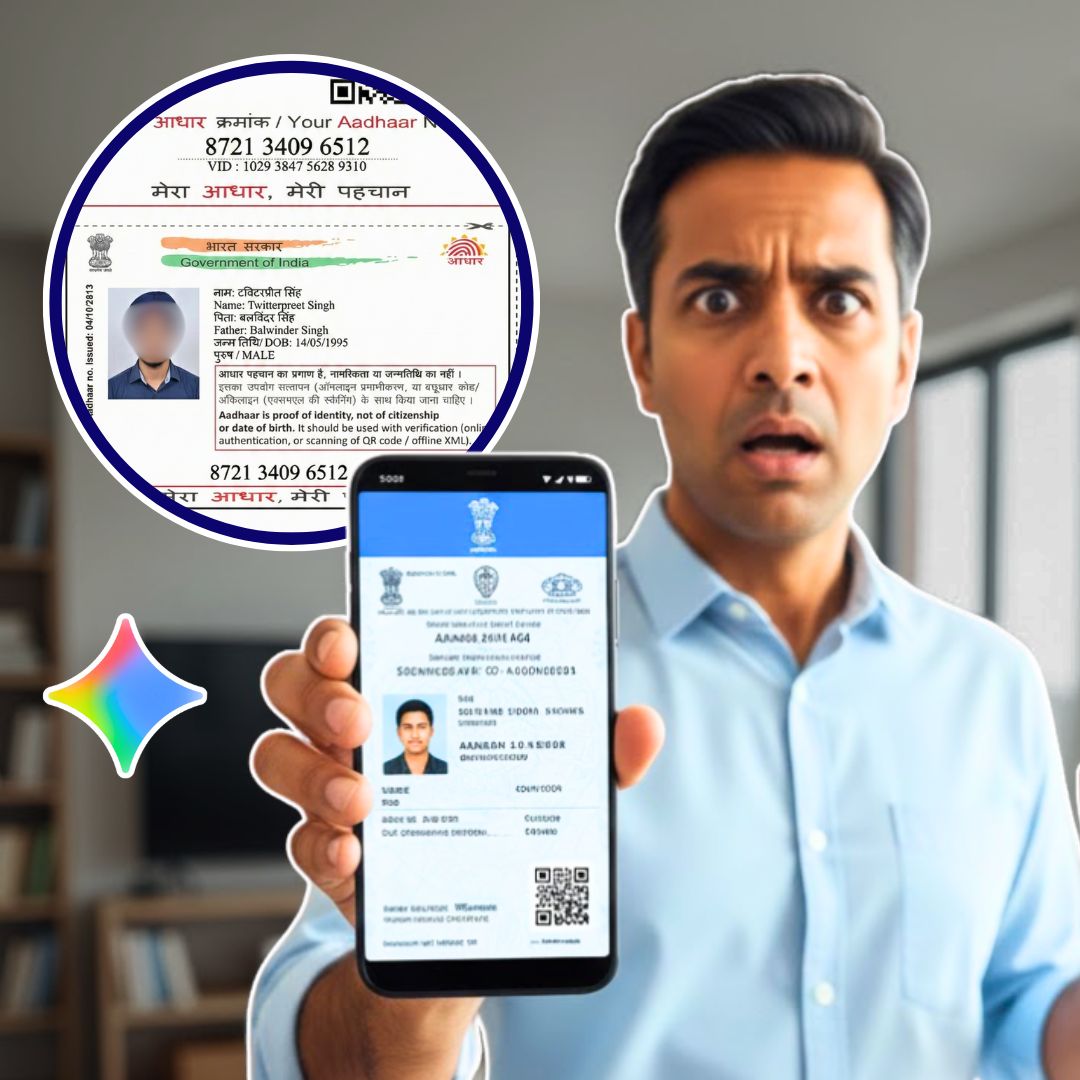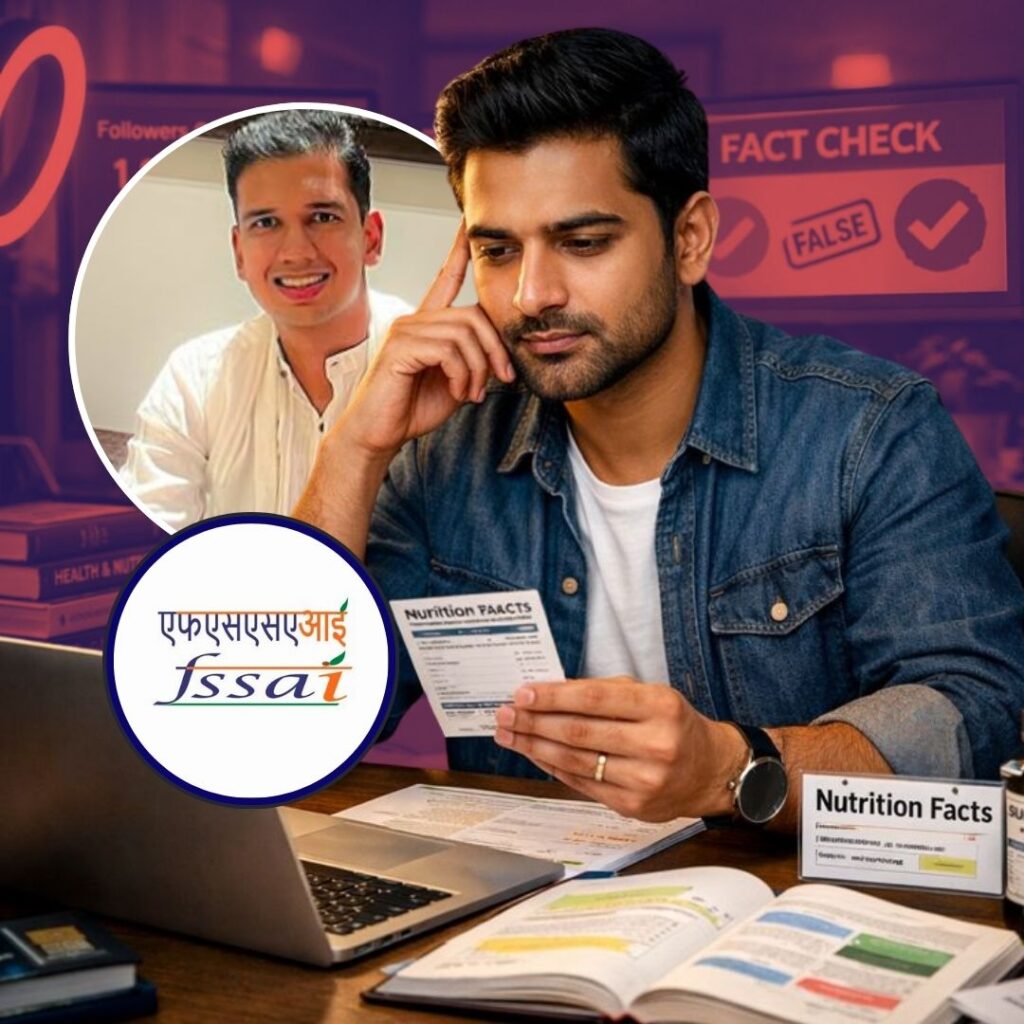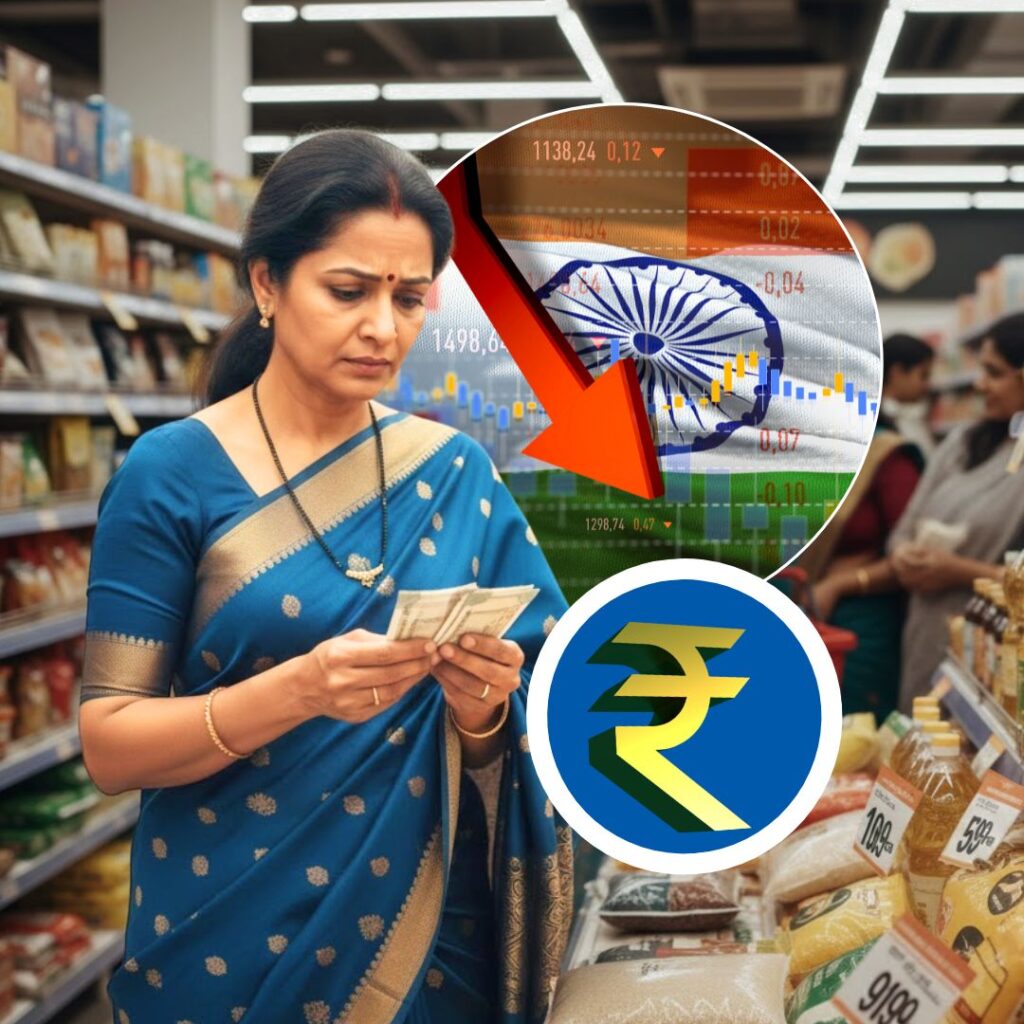A Bengaluru tech professional, Harveen Singh Chadha, has sparked widespread online debate after demonstrating how Google’s AI tool, Nano Banana, can generate highly realistic fake PAN and Aadhaar identity cards.
He posted AI-generated images of these cards under the name “Twitterpreet Singh” on social media to highlight the serious security risks posed by such technology. Chadha warned that while Nano Banana is impressive in its precision, it poses a threat to existing image verification systems, which he described as “doomed to fail.”
The demonstration has raised alarm among technologists, officials, and the public about the potential for AI misuse in forging official documents and undermining trust in digital identity verification.

AI Creativity or Cause for Concern
Nano Banana is a lightweight AI model from Google’s Gemini series designed for image generation and editing, capable of producing accurate reproductions of complex document layouts. Chadha noted that older models from Google used to introduce errors to prevent misuse, but the new Nano Banana Pro model is more intelligent, making fewer mistakes and producing near-perfect images.
His AI-generated PAN and Aadhaar cards initially appear genuine, complete with crisp photos and clean text, but they carry a faint Gemini AI watermark signalling their digital origin. The techie refrained from sharing specific prompts or methods used to generate these images to avoid enabling misuse.
Chadha’s post has spurred urgent discussions online about the need to upgrade India’s security and verification frameworks to keep pace with rapidly advancing AI technology.

Concern Around Fair AI Use
Reactions to Chadha’s demonstration have been mixed. Some online users praised the technical skill involved, while many others flagged the potential misuse and security implications. Users pointed out that India’s official digital identity cards feature QR codes and encrypted digital fingerprints, such as Google’s SynthID watermarking, to help verify authenticity.
However, Chadha questioned how thoroughly such watermarks and scans are applied in everyday verification contexts like hotels or airports, implying current practices often rely on visual checks rather than digital authentication.
Officials from the Ministry of Electronics and Information Technology (MeitY) emphasised that creating or circulating forged identity documents is illegal, regardless of motive, and called for stronger safeguards. Cybersecurity experts described the incident as a warning that regulatory and technological measures must evolve to prevent synthetic identity fraud.
How to Stay Safe in an AI-Driven World
As AI becomes increasingly powerful, protecting your personal information is crucial. Always verify official documents directly through government portals rather than relying on images or links. Use strong, unique passwords and enable two-factor authentication for online accounts.
Be cautious of unsolicited messages, emails, or documents claiming to be official. Regularly monitor your financial statements and digital identity for unusual activity.
Limit sharing sensitive personal information online. Stay informed about emerging AI threats and security updates. By combining vigilance, verification, and smart digital habits, you can reduce the risk of falling victim to AI-driven fraud and identity theft.
The Logical Indian’s Perspective
The Logical Indian believes this episode illustrates the double-edged sword of AI innovation. While advances in artificial intelligence offer remarkable opportunities, they also demand enhanced ethical responsibility and vigilance.
Public awareness, corporate responsibility, and government regulation must advance together to protect citizens in an increasingly digital world. The challenge is balancing innovation with security and trust, ensuring AI tools are used for the common good rather than enabling deception.












